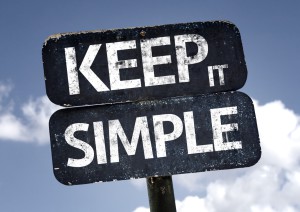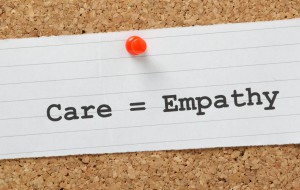On January 1 of this year, I wrote a post about the three words that would describe my focus for 2014: Here’s what I intended and what I actually did.
Focus: I have a restlessly curious mind, which is a nice way of saying I get distracted easily. I am going to focus more this year. I’ve been training myself to focus more deeply and for longer periods of time on a single task, and I am going to up that commitment by blocking out dedicated time slots for my key business and personal priorities. I will read fewer books but suck the marrow out of those I do.
Actual: The dedicated time slots idea worked for part of the time, but I gradually got away from it and I definitely wasted far more time than I should have. I did a little better on my resolution to get more out of the books I read, especially when it came to taking detailed notes and writing summaries. Overall, I would give myself a D-minus on this one.
Connect: I’m a natural introvert in a profession that rewards extraversion. I will communicate more often, make new friends, network more widely, and pick up the phone a lot more. I will go more than halfway in my relationships.
Actual: I believe that I partially achieved my intentions for connecting. I widened my circle of acquaintances, deepened some relationships and friendships, and certainly made an effort to reach out more, even to the point of dedicating time to connecting on a daily basis. Grade: C.
Give: This is partially to balance the first two words. It’s so easy to get wrapped up in your own goals and priorities and forget that others have goals too, that you might be able to help with. I am going to mentor more, volunteer my time, and share whatever expertise or other assets I have with those who ask for help. Please let me know if I can help.
Actual: This was my best focus word for 2014. I volunteered time to StartUp Quest Broward, joined the corporate board of my church, and helped some friends in need. The best part is that, having begun these activities, I am now “locked in” and will already have a great base to build on in 2015. Give was by far my most rewarding emphasis for 2014, because whatever I accomplished in giving to others was returned to me many times over. But there is still much more I can do. Grade: B.
In reviewing my overall results for the year, I clearly fell far short of the potential that was contained in those three words, but I am glad I did the exercise. I’m further along than I would have been if I had not chosen to emphasize those areas in my work and personal life, and I’ve learned lessons that will help me gain even more in 2015. That’s why focus, connect and give are also my three words for 2015.




